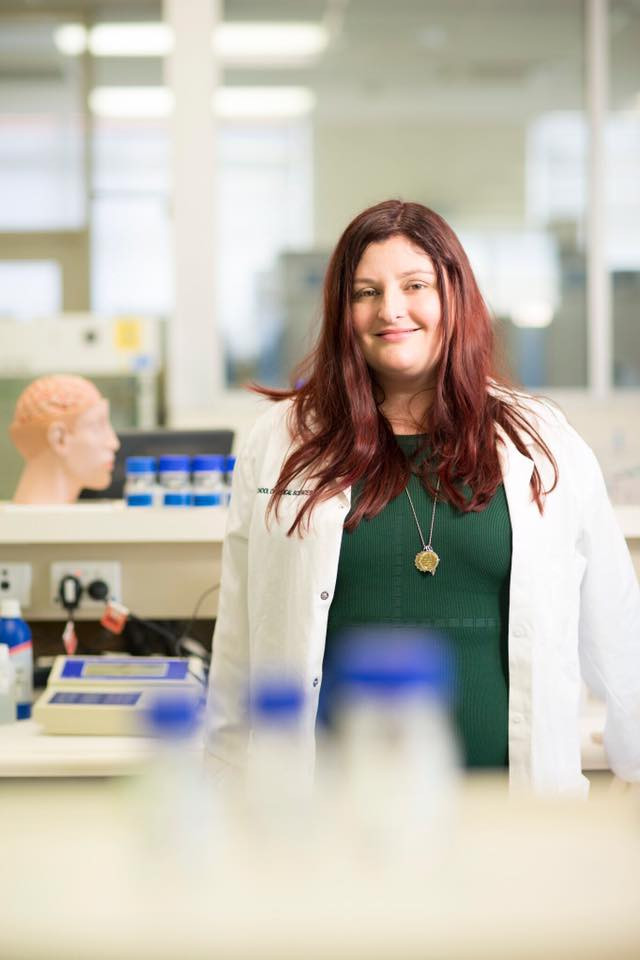FIND-TBI study recruiting now - Predicting Parkinson’s disease risk following TBI
%20(2).png)
Did you know that 5-15% of all cases of dementia are thought to be linked to a past history of traumatic brain injury (TBI)? Or that a concussion increases the risk of developing Parkinson's disease by 56%, with more severe injury increasing risk by 83%?
Despite this common risk factor, it is still unclear which factors link brain injury to the later development of neurodegenerative disease. This is critically important as only a subset of individuals is at risk of such an outcome.
This is where the exciting FIND-TBI study comes in, and if you have experienced a traumatic brain injury or concussion, you can help!
Growing out of seed funding from the NRF and the James and Diana Ramsay Foundation, the MRFF-funded FIND-TBI study is currently recruiting 800 individuals with a history of TBI from across South Australia. Individuals with a history of TBI of any severity and at any time point following injury are eligible. This is the case whether the injury you received was recent or it occured decades ago!
Participants will participate in two sessions. The first of these will be a 2-3h session at the University of Adelaide North Terrace campus to assess cognitive, motor and mood function. The second will be a 2h session at SAHMRI on North Terrace, where participants will undergo an MRI brain scan and provide a blood sample. Some participants may also be invited to participate in an optional third session at SAHMRI on North Terrace to undergo PET imaging. Following each session, participants will receive a small monetary honorarium to thank them for their participation. Participants can choose to withdraw from the study at any time and are under no obligation to participate in future sessions.
For more information or to register interest, please contact: find_tbi@adelaide.edu.au or visit borrowmybrain.org/tbi

A/Prof Lyndsey Collins-Praino, Head of the Cognition, Ageing and Neurodegenerative Disease Laboratory (CANDL) at the University of Adelaide, is leading the study and says this research is critically important to understand who is at increased risk of developing later neurodegeneration and why. “Experiencing a TBI can be frightening, which is further compounded by the fact that it is difficult to know what an individual’s long-term prognosis after injury looks like. FIND-TBI aims to change this, bringing together a multidisciplinary team of leaders in TBI research and clinical care, along with the latest advances in neuroscience methods, in order to try to better predict long-term outcomes and neurodegenerative disease risk for individuals following injury. We hope that this will lead to improvements in management and care guidelines, and subsequently better outcomes, for those with a history of TBI.”




